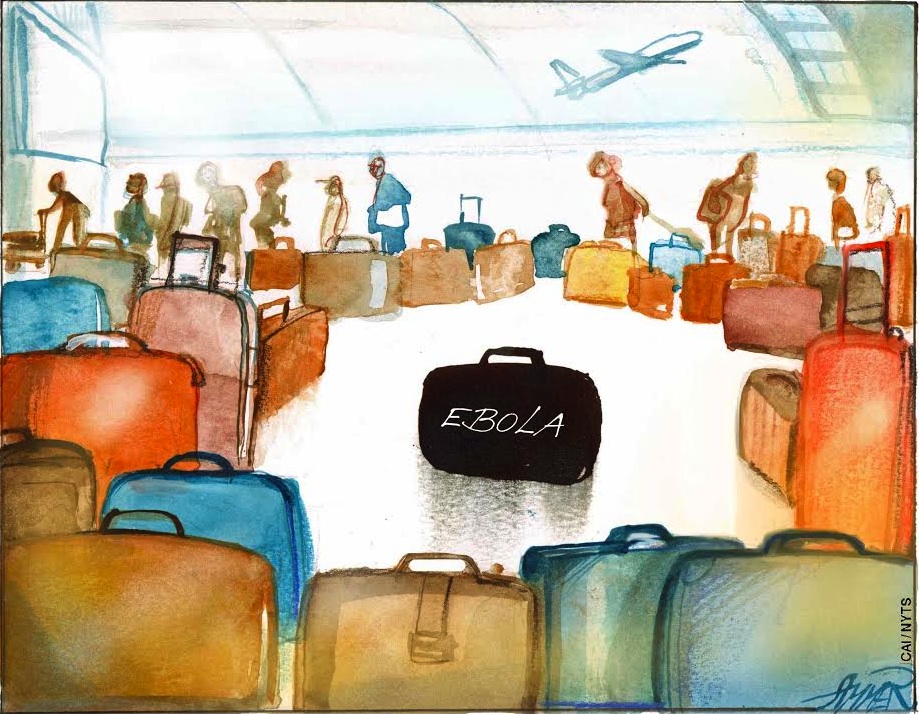The raging epidemic of Ebola virus disease in West Africa underscores the urgent need for international cooperation for emerging and re-emerging infectious diseases. With its epicenter in Guinea, Sierra Leone and Liberia, the World Health Organization reports that the virus has killed over 1,000 people in the affected countries.
Ebola is a highly dreaded disease. With a fatality rate of about 70 percent, the virus has no cure or vaccine. It spreads through contact with infected bodily fluids, organs or contaminated environments. Early symptoms like fever, muscle pain, headache and fatigue are followed by vomiting leading to internal hemorrhaging and organ failures, and external bleeding from the eyes, ears and mouth.
Guinea, Sierra Leone and Liberia are not only poor; they are "post-conflict countries" with under-developed public health infrastructure, governance and public institutions. A few weeks ago, 39-year old Dr. Sheik Umar Khan, Sierra Leone's only specialist in viral hemorrhagic fever died from Ebola after treating over 100 patients infected by the virus. As with past epidemics, the rapid movement of people across national boundaries is a major factor in the spread of the virus.



